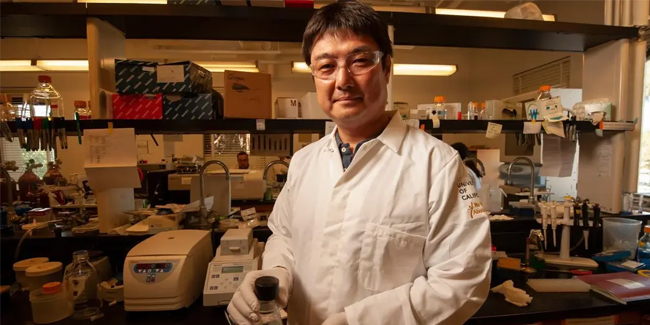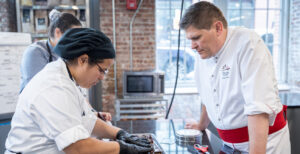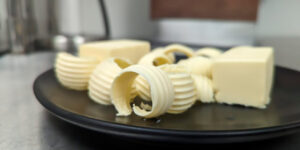Scientists find an efficient and economical way to make allulose

Author:
Ana RodríguezScientists at UC Davis in California, in collaboration with the Mars Advanced Research Institute, have announced a significant advance in the production of allulose, a low-calorie sugar substitute. A discovery that could help address one of the main obstacles to the widespread adoption of these alternatives: production costs.
Allulose, also known as D-psicose, is a naturally occurring ‘rare’ sugar that provides a viable alternative to sucrose. With a similar taste, texture, and functionality, it provides almost 70% of the sweet taste of sucrose, but is minimally metabolized as it passes through the body. In addition, it has an imperceptible effect on blood glucose and insulin levels.
“Allulose is a great alternative to sugar, but we haven’t had a cost-effective way to make it,” says Shota Atsumi, professor of chemistry at UC Davis and corresponding author of the paper published in npj Science of Food. “Our new method is efficient, economically viable, and could be scaled up for commercial production”.
But what does this method consist of? Atsumi, along with other researchers, found an industrial microorganism that has the enzymes to produce allulose. They then modified the metabolism of the microorganism to get the cells to convert glucose into allulose with a remarkable concentration, a yield greater than 60% and a purity greater than 95%, thus surpassing existing production methods that require expensive separation techniques to isolate allulose from the source material.


